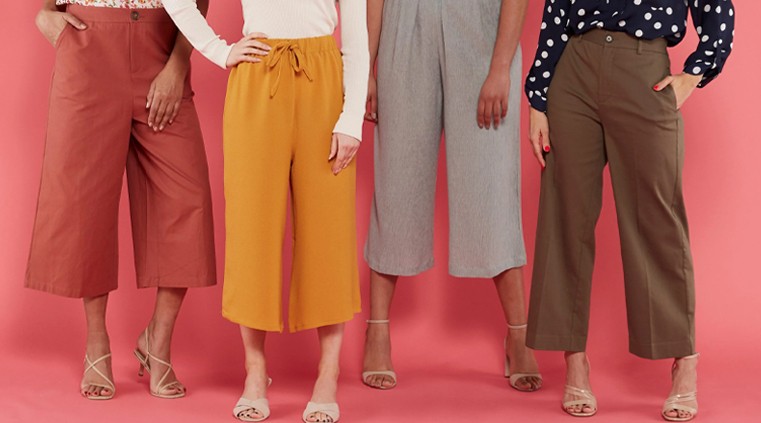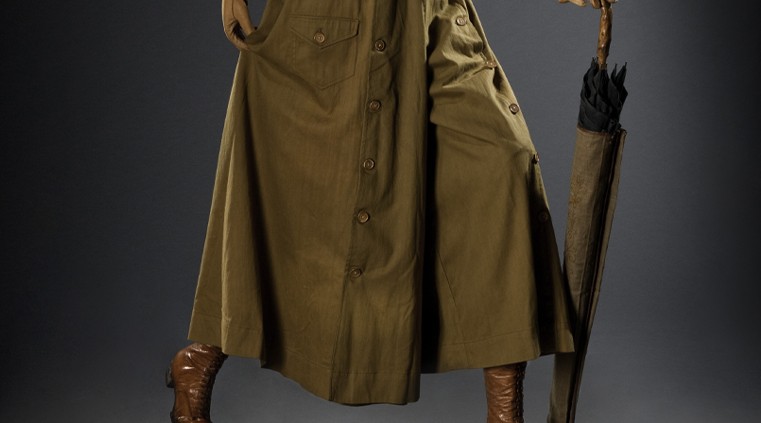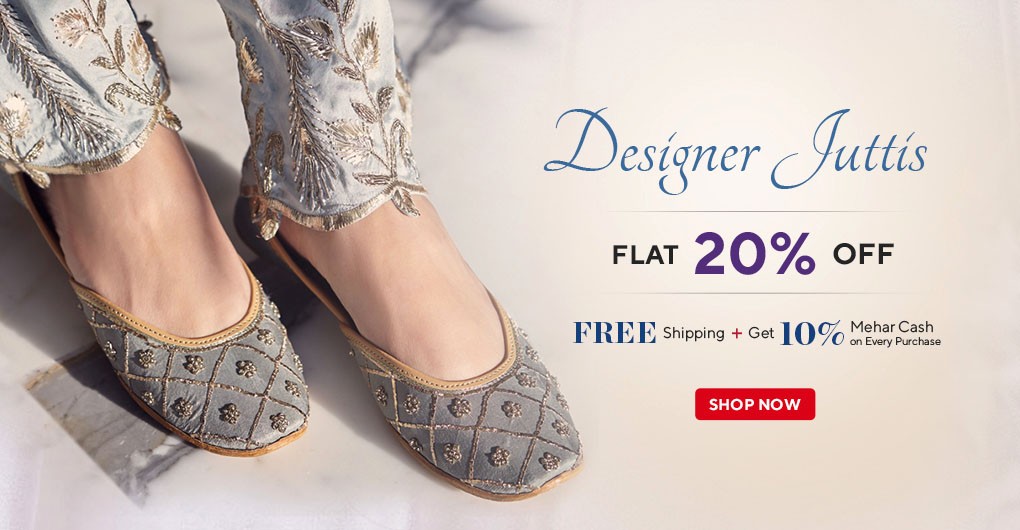Brief History of Culottes
The culottes have been reintroduced in recent seasons, especially this year. Some people think that bold looks are in fashion, while others think they are controversial. However, these pants are a must-have for summer as they are comfortable, versatile and help overcome the heat.
Pants, on the other hand, have long published fashion statements. As a result, the culottes have a turbulent history and have undergone many changes.
What exactly are culottes?

This was originally used to refer to men's pants but is now referred to as women's wear. This phrase was already used when upper-class Renaissance men wore horse-riding trousers. When translated from English to French, the horse riding trousers were called "culottes".
This early version is not similar to the current style. Instead, these slim-fit trousers are usually luxurious silk with buckles and buttons just below the knees.
The culottes look to be nothing more than a pair of trousers at first glance. But on the other hand, the garment has been beset by controversy from its creation. Popular among the upper classes during the French Revolution, Culottes had become a symbol of oppression by the late 17th century.
"Sans-culottes," or "no culottes," refers to revolutionaries who opposed aristocratic ideas. Instead of skirts, these sansculottes wore pants, providing a stark visible divide between class and values. But the French Revolution wasn't over yet. The drama surrounding the culottes only grew as the symbol of men's wealth turned into liberating and feminist clothing for women. This variant is a skirt split into pants, comparable to the culottes we know today.
When Victorian women were far more active than their foremothers, the female culotte was invented. They competed in horseback riding, tennis, and cycling, among other sports. However, the uncomfortable skirts of the period didn't help with anything except look cute.
Crotch skirts were created in the Victorian era to provide the appearance of a long skirt while allowing women to ride horses without having side saddles. The separation is concealed by ruffles and panels, allowing the wearer to correctly ride a horse or bicycle.
The term 'culottes'

The term "culottes" was borrowed from the French and used to describe these new women's trousers. The newly discovered liberties of Victorian culottes were embraced by women who, fortunately, did not survive the social backlash against their clothing choices. Because the apparel resembled skirts, no one seemed to object.
This changed over time, and the more the culottes deviated from the traditional skirt design, the more polarising the item became. Finally, as split skirts became a staple of women's wardrobes, French designers began experimenting with the notion, resulting in the well-known culottes.
Latest Posts
Categories
Tags


 +1-403-351-7777
+1-403-351-7777














